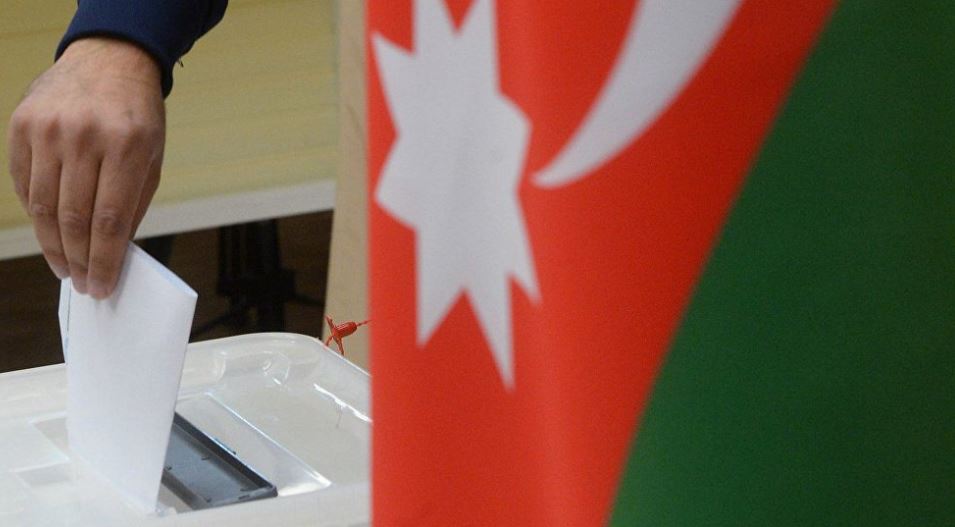| The Election Monitoring and Democracy Studies Center (EMDS) is a non-governmental organization dedicated to promoting free and fair elections, civil liberties, and democratic development in Azerbaijan.
The EMDS undertook an observation of the early presidential election held on February 7, 2024. This observation included all stages from candidate nomination and the pre-election campaign to the voting and vote counting on election day. EMDS, in collaboration with 15 independent observers, conducted long-term monitoring of the pre-election stage and released an Interim Report detailing their findings. On election day, 117 independent observers were deployed in randomly selected polling stations to conduct statistical based observations.
The organization expressed concerns that the decision to hold the presidential election 14 months in advance posed significant challenges for the involvement of all stakeholders, including political parties, presidential candidates, civil society organizations, and international observers.
EMDS notes that the Azerbaijani authority did not implement previous recommendations from local and international bodies to improve election legislation and practices. Furthermore, it highlighted the continued restrictions on freedom of expression, assembly, and association, alongside an increase in politically motivated arrests. This environment led to a reduction in the number of political parties, restricted activities of independent civil society organizations and media, and escalated political persecution.
EMDS observed that the pre-election campaign lacked genuine competition among political forces, diminishing the political engagement in the country and denying voters a real choice among diverse political perspectives, which is essential for a free and fair election.
The organization also identified persistent issues with the election commissions, including unresolved allegations of voter list inaccuracies and obstacles to observer registration and independence. Despite some minor logistical improvements at polling stations, significant problems were noted during voting and counting processes, such as unauthorized voter participation, group voting, local executive interference, multiple voting by individuals, breaches of voting secrecy, and pressure on observers and journalists. These issues were exacerbated by the lack of transparency and openness from some Precinct Election Commissions.
Discrepancies between observed voter turnout and official figures raised concerns about the integrity of the election, with suspicions of artificially inflated turnout through improper practices.
EMDS concluded that the early presidential election on February 7, 2024, was conducted in an environment lacking democratic principles and real political competition, violating national and international standards for free and fair elections.
To end the political stagnation observed around the presidential election dated February 7, 2024, and to foster mutual trust between citizens and the state, the EMDS urges the immediate release political activists and journalists imprisoned on political grounds, the elimination of barriers restricting the operations of political parties, civil society organizations, and independent media, and the improvement of the Electoral Code and election practices based on the recommendations of the Venice Commission of the Council of Europe and the Office for Democratic Institutions and Human Rights (ODIHR) of the OSCE. |
